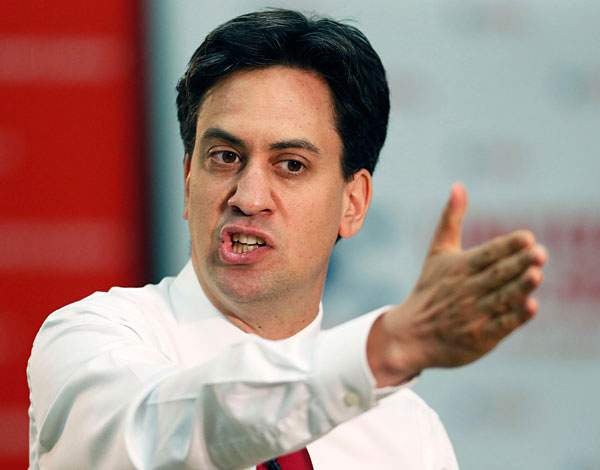
William Cash is unconvinced abolishing non-dom status will help the UK economy, saying it may well stifle ‘the only true financial capital of the world

The key point of the non-dom debate is whether this is simply posturing election politics by Labour and another naked attack on the ‘rich’, or a measured tax policy that can actually help the UK economy?
The truth is that the non-domicile rule allows a lot of very wealthy people to contribute a huge amount of money to the economy – via VAT (hotels, restaurants and serviced apartments etc) and the new high £2 million-plus stamp duty. That means that ordinary and middle class pay less tax because the rich have the ‘broadest shoulders’.
It can be argued that while it may seem unfair, the non-dom tax status actually lightens the load on middle classes and working classes. While it is essential that the government delivers a system that ensures the wealthy are not able to dodge tax, it is not rational to devise a system that punishes the international rich to such an extent that the punitive measures actually harm the economy.
The simple test is whether the non-dom proposals, which appear to have caught the Tories off-guard, would end up raising money for the exchequer or losing it. The truth is that abolishing the non-dom status will raise a paltry amount in real terms. Much more is likely to be lost in VAT revenue alone to the Treasury – this is exactly why Gordon Brown was so reluctant to abolish the non-dom status when he would dearly have liked to have sent most of our foreign-born bankers, lawyers, private equity executives and hedgies back to Monaco on free coaches.
Ed Miliband’s statement that ‘we have found a way to do it that would raise money’ is an example of how Labour have not done their homework in the complicated tax area of non-domicile residents. It only reinforces the view that Labour are anti-City, anti-business and are not to be trusted as stewards of the national finances.
The problem for the Tories is that by defending the non-dom status, they appear to look like a party run by the rich and well-connected for the rich and well-connected. George Osborne needs to set out a coherent and convincing case for justifying the non-dom case rather than simply attacking Labour as the party of the ‘anti-rich’.
We need more analysis from both parties in this debate, which is really a debate about social inequality today. How Labour plan to implement their abolition of the non-dom status is very unclear – are they seriously suggesting that the fleeing of many banks, legal firms, and wealth managers and hedges from the UK, so they can spend their money in Geneva or Frankfurt, is a good thing for Britain? Now that London has established itself as the only true financial capital of the world, why kill our golden financial goose?
Are Labour really calling for scrapping of the non-dom status entirely or just changing the criteria? Why is nobody in the media mentioning the 89 days criteria (which allows most wealthy foreigners enough time to conduct their business) or the seven years rule? There are many questions still left unanswered.
I do not believe squeezing the rich for election PR purposes is either politically responsible or makes economic sense. Yet a poll yesterday found that 77 per cent of the public are in favour. This is clearly a contentious issue and I will be talking more about this in two debates I am participating in on the subject of whether ‘The Rich’ are good or bad for society.
The first is for the New Statesman on Tuesday 21 April and the following day I am speaking as Spear’s editor-in-chief in a Spectator debate asking whether the rich serve any useful function in society. With Andrew Neil as the moderator of the latter – a man who knows plenty about personal wealth and swimming pools in the South of France – it should be an entertaining evening.
How to Solve a Problem like the Rich – New Statesman debate 21 April
Politicians Should Leave the Wealthy Alone – Spectator debate 22 April






